“It was a really precious process”: An interview with Maksym Nakonechnyi on Butterfly Vision
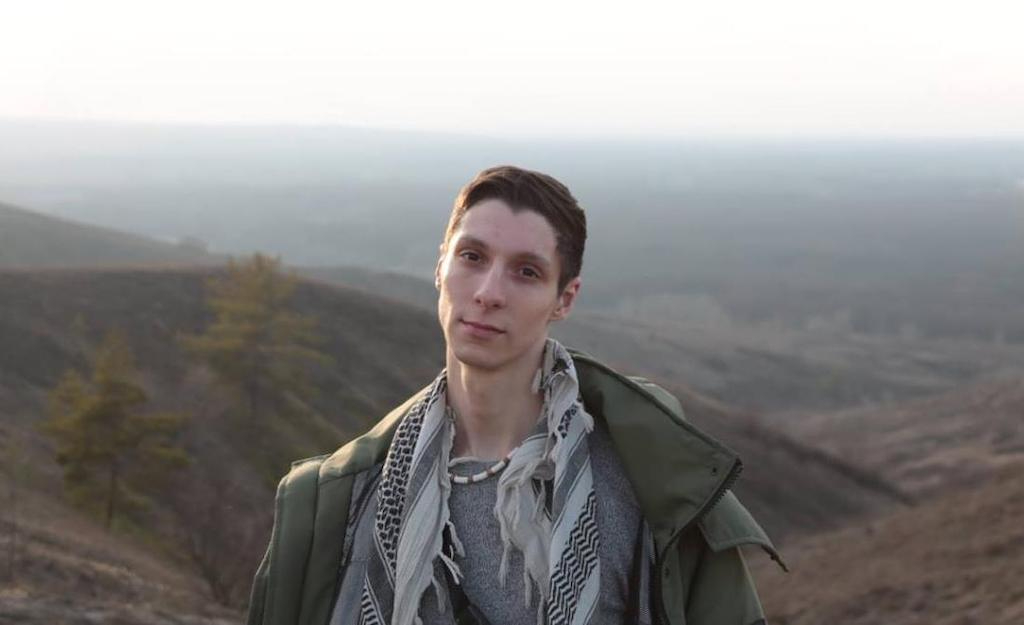
Director and co-writer Maksym Nakonechnyi’s first feature film, Butterfly Vision follows the plight of Ukrainian soldier Lilya (Rita Burkovska) returning home after being held captive. However, when she discovers she’s been impregnated by her captors, she and her family are forced to confront difficult truths.
With Butterfly Vision screening at Cannes Film Festival, The Upcoming were invited to sit down with Nakonechnyi to talk about his latest work. Lighting a cigarette as he sat down, the filmmaker spoke about the troubles faced by female soldiers in Ukraine, representing violence on film, and the current war.
Firstly, thank you so much for speaking to us today. How does it feel to have your film screen at Cannes?
I can’t tell you with certain emotion. Before the war started in my country, this would have been a dream for me. But right now, it’s difficult to feel excited because of all the other emotions I’m feeling. At the same time, I feel that this is an important milestone in my career and for Ukrainian filmmaking overall. I consider this to be a great platform to speak out. I feel this is very important.
Let’s go back to the start. Where did you get the idea to make this film?
Since the beginning of the latest Russian-Ukrainian war, back in 2014, my colleagues and I were making a lot of films related to war. I was editing a documentary about women soldiers called Invisible Battalion. When you edit you rewatch the same scenes again and again, and I’d hear these women talking about their experiences, their perspectives on war and what society’s perspective of them was like. One of these women said that captivity was the scariest thing for her – even scarier than death – and that impressed me. I started thinking about what things scarier than death can await a woman in a war. That’s when I came up with this fictional story. The film isn’t based on true events, but it’s heavily influenced by our reality.
Tragically, something like this has already happened in real life. Yuliia Paievska, callsign Taira, has been in Russian captivity for more than 50 days. She was volunteering as a medic and got caught in Mariupol. She’s being held in Russian or Russian-controlled territory – nobody really knows or has any information. We call for her immediate release. She wasn’t a part of the armed forces; she was a volunteer, so she cannot be considered a prisoner of war, and she should be let go. I hope that she will be released soon.
At what point did Rita Burkovska become involved in the project?
My intention was to make the main actress one of the core authors of the film. When I first met Rita, I was drawn to her unique nature as a human being. After discussing the story and the role with her, I understood that she was going to make her own Lilya and bring her own views to the character. This is how I knew she was the right person for the role. She represented what the film was about: a woman who is, despite what happened to her and how’s she’s perceived, fighting for her own vision of her life.
She got heavily involved in the research. She spoke to different people who had similar experiences to the character; she went through tactical medicine training with a volunteer battalion; she wrote a diary of Lilya’s captivity. We also rehearsed a lot of scenes that weren’t in the script so we’d have a better understanding of how the scenes that were included should be played. It was a really precious process.
Is Lilya based on any particular image of Ukrainian soldiers?
For me, Lilya is the general collective representation of female soldiers, of Ukrainian resistance, and of Ukrainian women’s ability to overcome victimisation.
Social media is used as a key framing device in your film. What drove you to use this method?
There were a lot of reasons why I did this. Images on social media are how a lot of us experience the war. These images have already become a large part of our lives that heavily influences how we perceive the reality around us – and even our actions. At the same time, it was really important for me to create a contrast between how Lilya viewed herself and how others viewed her. It was about showing Lilya fight for her vision of what her life should be.
For a war film, you have a unique way of representing violence – there are a lot of quick cuts and distorted images. Was this something you were actively thinking about during production?
Of course. We really wanted to be delicate when it came to the subject matter. The things that have happened to Lilya, so many women soldiers like her and Ukrainian society are already shocking. There was no need to show the shocking details of what happened to the people we spoke to.
The ways in which people get over this sort of trauma are far more impressive than what they went through. They’re harder to notice, but when you notice them, they’re much more interesting. This is what we tried to express in our film.
Can you tell us about what the film’s title means?
We thought the title seemed relatable in that it expresses the main idea for the film. Lilya, who’s callsign is Butterfly, is struggling to keep her own vision of her life and make her own decisions. It also tells us about this special, broader vision of reality that she has after having her traumatic experience – perhaps not because of what she experienced, but a person who’s undergone an experience like Lilya has acquired a different outlook on themselves and the world around them.
It ends on a bit of a bittersweet note for Lilya. Would you describe her ending as a happy or hopeful one?
I wouldn’t call it happy. I’d say it was the most suitable ending – it’s the continuation of Lilya’s decision to fight for herself and for her people. It’s not a happy ending at all, but it’s a life-affirming one.
Andrew Murray
Read more reviews from our Cannes Film Festival 2022 coverage here.
For further information about the event visit the Cannes Film Festival website here.
Watch a clip from Butterfly Vision here:

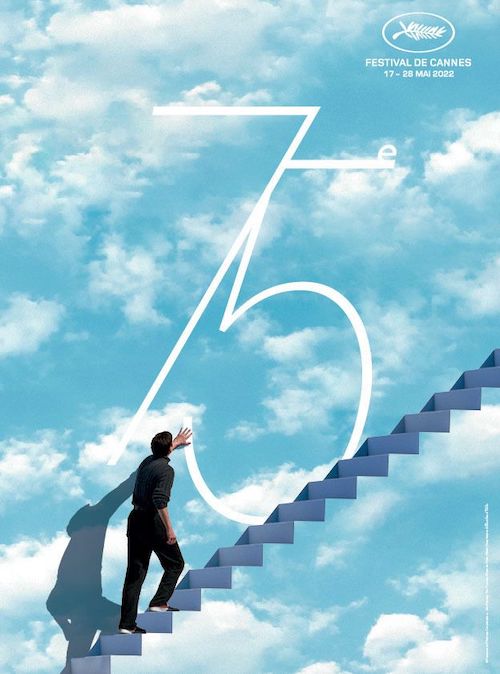

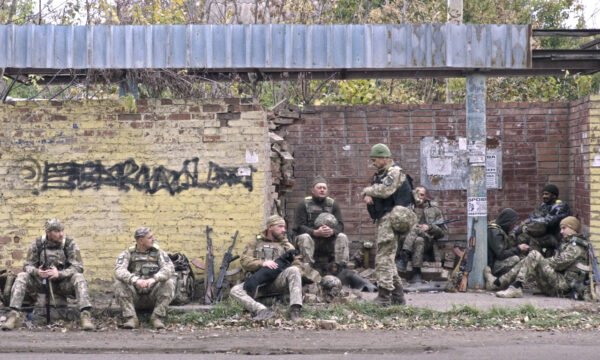
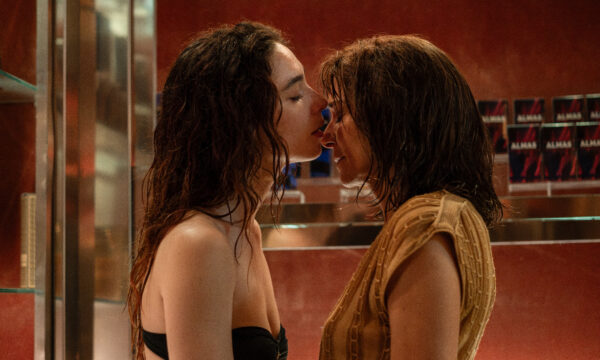
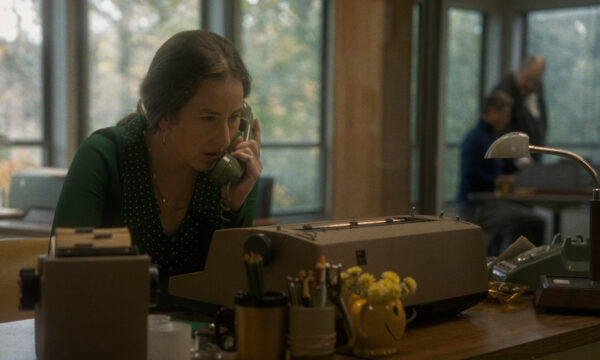


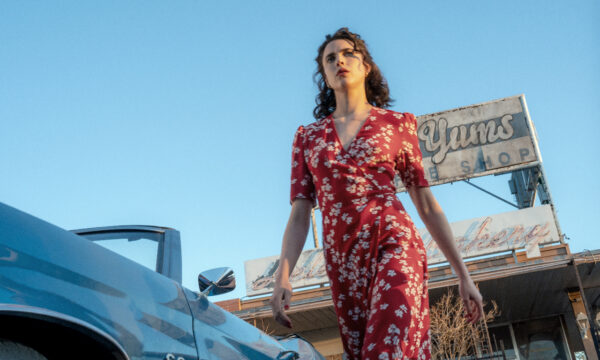
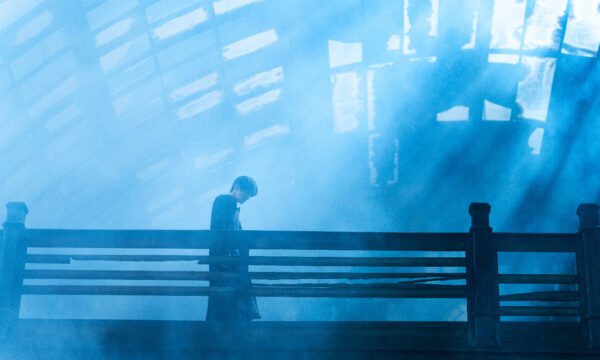
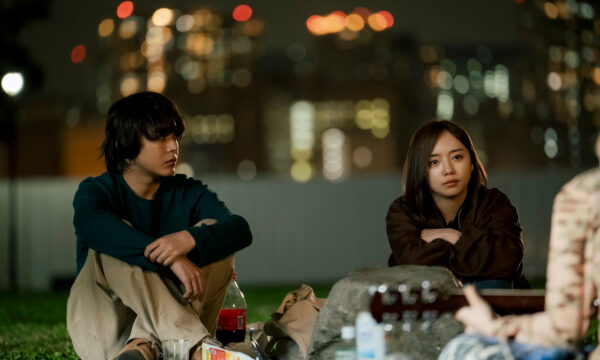


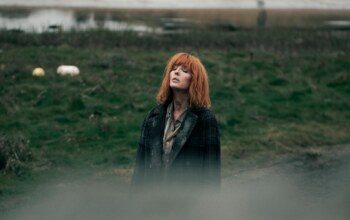
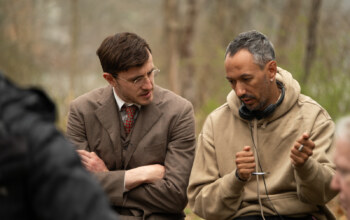






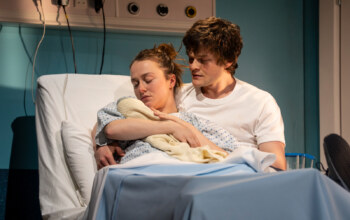



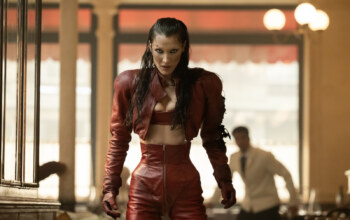
Facebook
Twitter
Instagram
YouTube
RSS